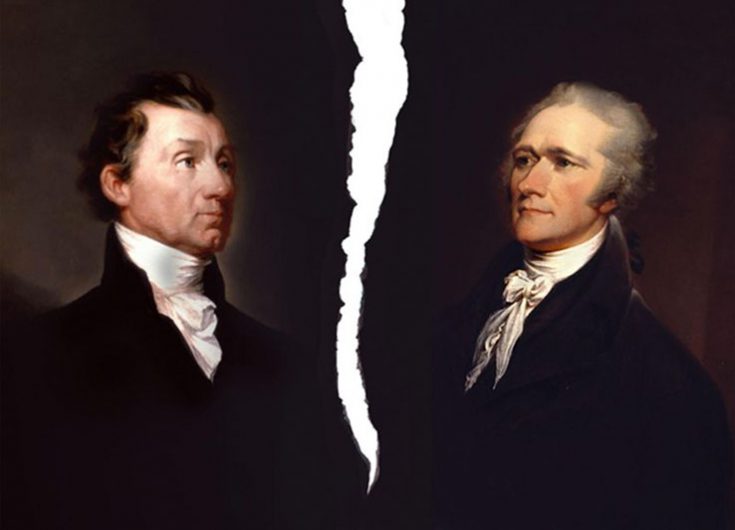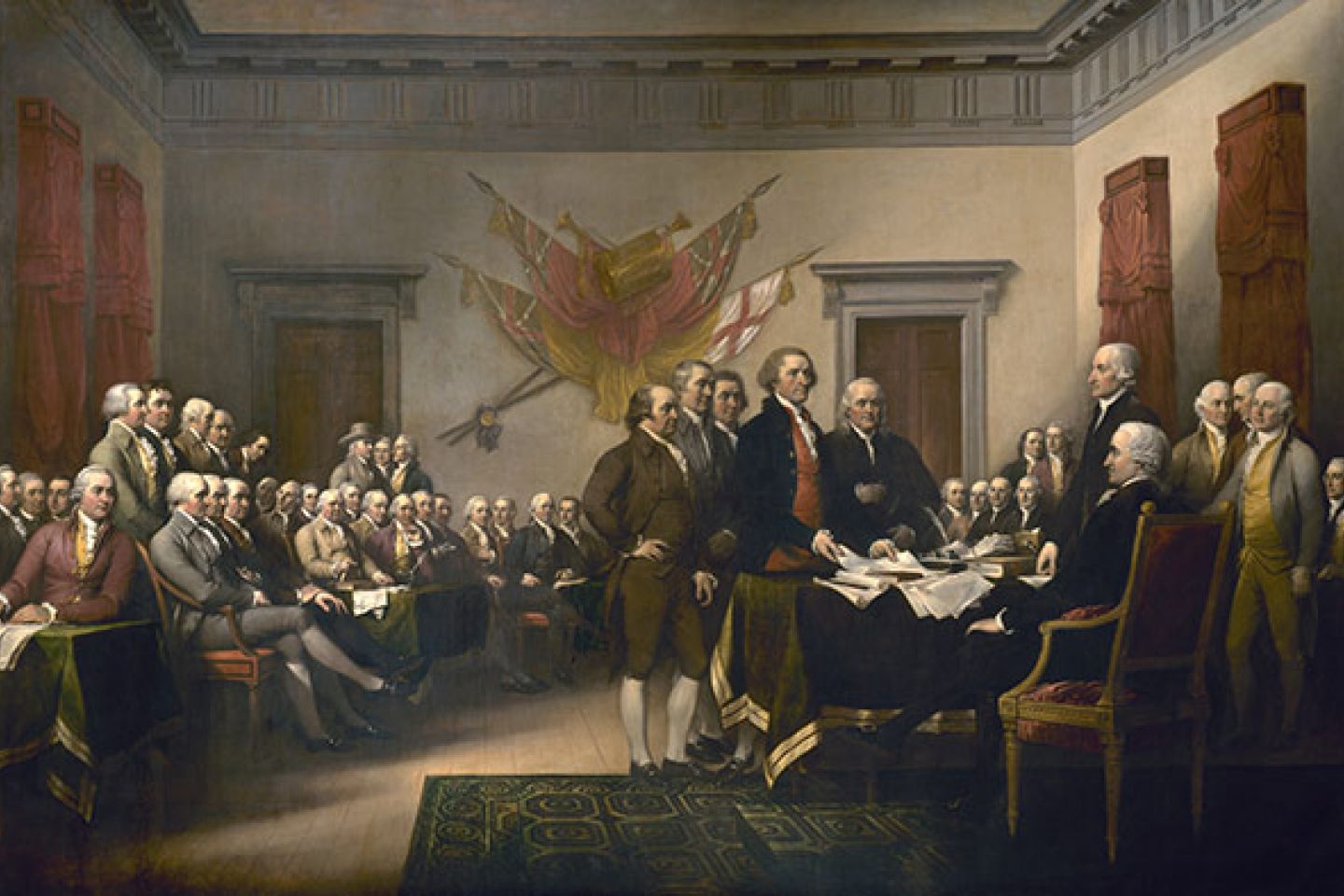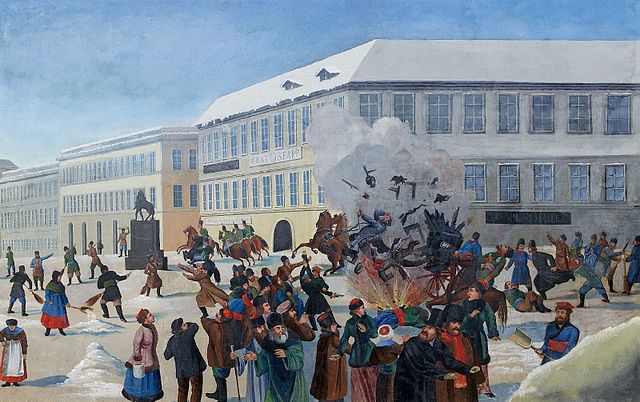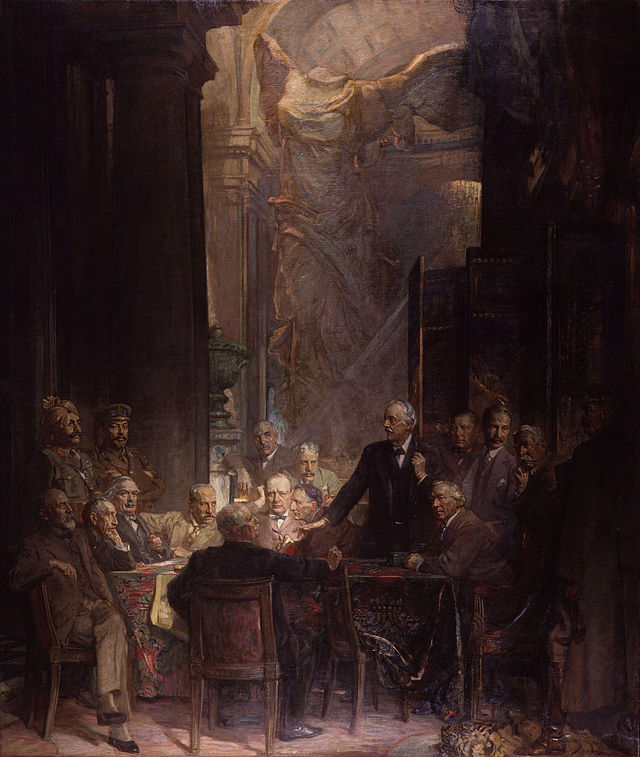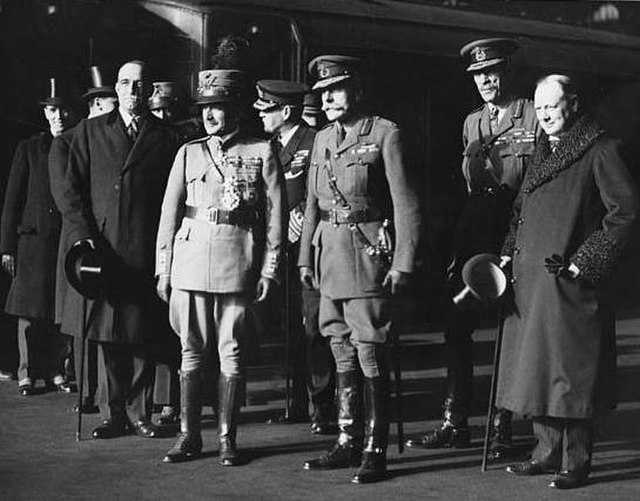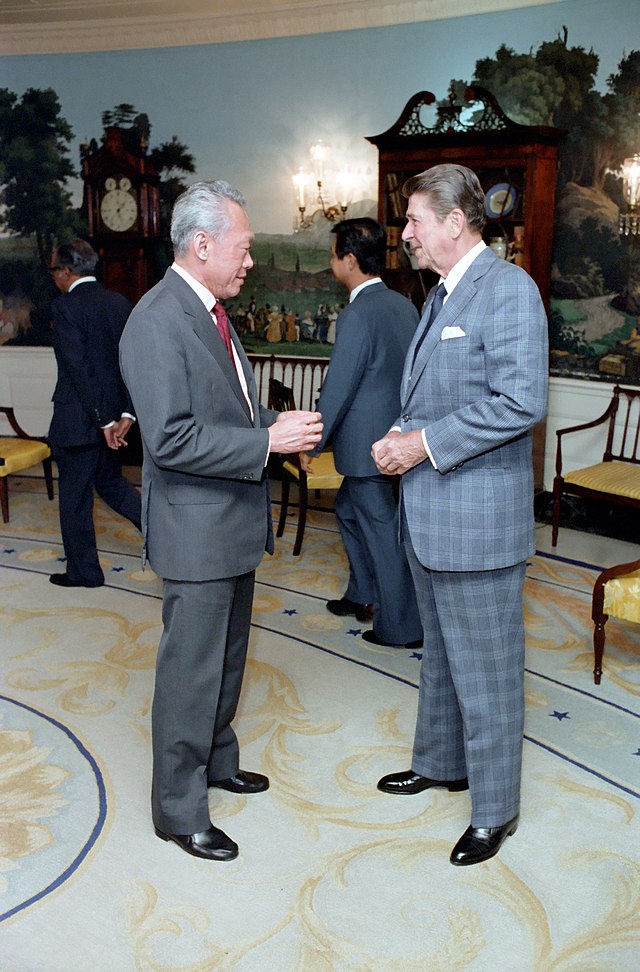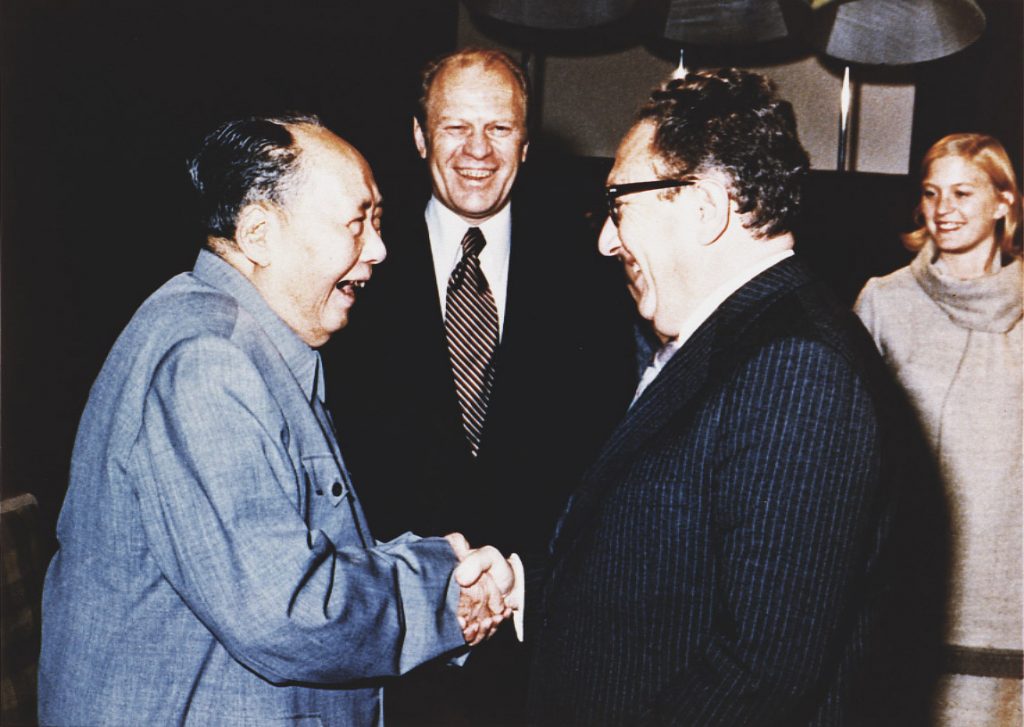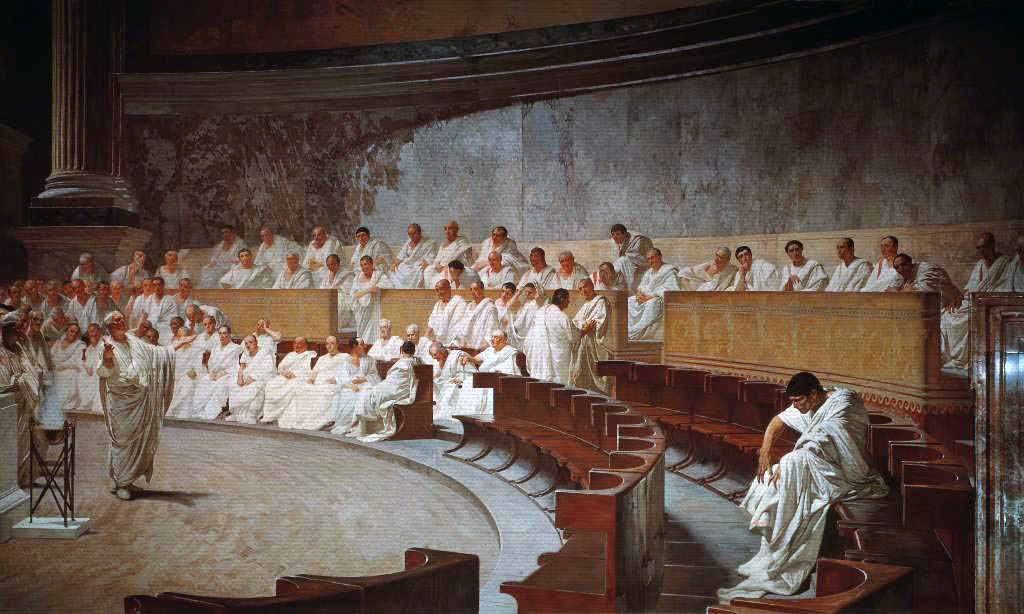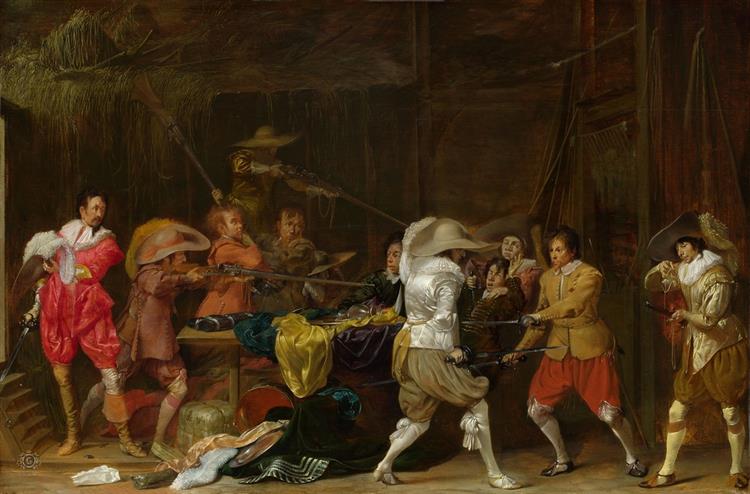
The history of COIN doctrine can be traced across Francophone Africa and Southeast Asia to better understand how it is used or misused today. Perhaps because many counterinsurgency tactics have evolved and been adapted away from those used in the nineteenth century, analysis of contemporary COIN often ignores the doctrine’s colonial origins. Doing so, however, fails to consider how the foundational assumptions of the doctrine may well still limit its successful application in the twenty-first century. This essay, accordingly, sets out to unearth the possible repercussions of adopting the heart of a doctrine without a firm understanding of its initial purpose, seeking to understand whether that is compatible with today’s geostrategic objectives.


